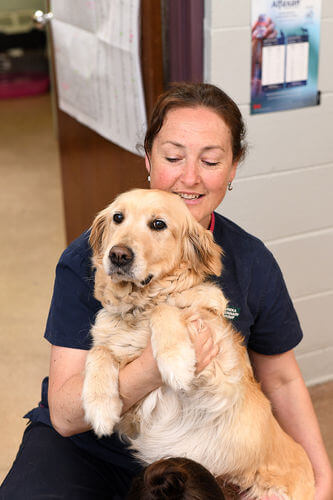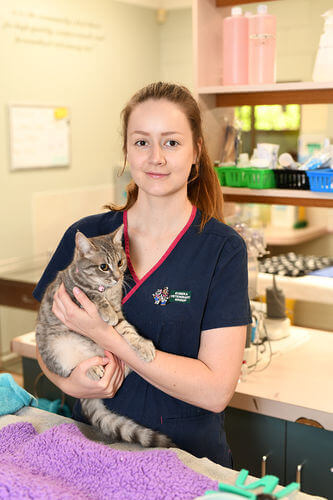After Hours
0408 512 323
Flea & Tick Control
Protecting your pets from irritation, infection, and life-threatening illness
Fleas and ticks are more than just a nuisance — they can cause significant discomfort and, in some cases, serious health problems. At Eureka Veterinary Clinic, we’re here to help you stay on top of prevention, year-round.
Flea Control

Fleas are most active in warmer months, but due to indoor heating, they’re now a year-round issue — even in winter.
Only a small percentage of adult fleas live on your pet. The eggs and larvae live in the environment (carpets, bedding, cracks in floorboards) and can survive for up to 12 months. That’s why effective flea control involves treating both your pet and your home.
Flea control tips:
- Treat all pets in the household, not just the itchy one
- Wash bedding on a hot cycle and vacuum regularly
- Avoid relying solely on flea shampoos or collars — these don't address environmental stages
- Use vet-recommended flea treatments consistently
⚠️ Some over-the-counter dog flea treatments are toxic to cats. Always check with your vet before applying any product.
Signs of flea infestation:
- Scratching or biting, especially around the base of the tail and rump
- Red, irritated skin or hair loss
- Black “flea dirt” in the coat (you can check by wiping a damp cotton ball on your pet’s skin — reddish-black residue indicates flea droppings)
Some pets also develop Flea Allergy Dermatitis (FAD) — a severe skin reaction to flea saliva. If you suspect this, book a consultation for a tailored treatment plan.
📞 Need help choosing the right flea control for your pet?
Call us on (03) 5333 5959 for expert advice.
Tick Control

The Paralysis Tick (Ixodes holocyclus) is the most dangerous tick for pets in Australia. While common along the eastern seaboard, these ticks can appear inland after travel — or hitch a ride home in towels, clothing, or vehicles.
Paralysis ticks release a potent toxin that can lead to weakness, difficulty breathing, vomiting, collapse, and even death within 2–4 days.
Tick safety tips:
- If you travel to tick-prone areas, use tick prevention before, during, and after your trip
- Search your pet daily while away and for at least 7 days after returning
- Use your fingers to thoroughly check under the collar, between the toes, in the ears, under the lips, and around the face and shoulders
📝 Tick removal
If you find a tick:
- Remove it immediately using tweezers or a tick hook
- Pull it sideways at the point of attachment
- Avoid using chemicals to kill the tick first — this may increase toxin release
Keep your pet cool, quiet, and under observation for 24 hours. If symptoms appear, seek emergency vet care immediately.
Symptoms of tick paralysis:
- Vomiting or gagging
- Weakness or wobbly walking
- Change in bark or voice
- Difficulty breathing or swallowing
Do not feed or offer water to a pet showing these signs — food may be inhaled if throat muscles are paralysed.
Treatment of tick paralysis:
- Removal of all ticks (may require full-body clipping)
- Administration of tick antiserum
- Hospitalisation and supportive care
Treatment can be intensive and costly — prevention is always better than cure. However, no product is 100% effective, so tick checks remain essential.
📞 Want help choosing tick prevention or learning how to do a full tick search?
We’d be happy to show you. Call us on (03) 5333 5959 or book an appointment.
CLICK HERE for available times and bookingsBOOK ONLINE >


